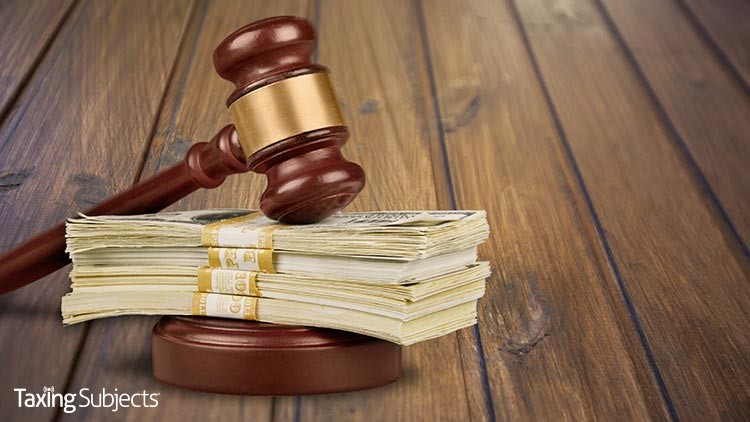IRS Promises to Go After “Aggressive Syndicated Easement Transactions”

Following a recent U.S. Tax Court ruling, IRS Commissioner Chuck Rettig promises that the Internal Revenue Service will continue to go after those involved in “aggressive syndicated easement transactions.” This news comes just a month after a November announcement signaling that the agency intended to make enforcement actions against abusive easement transactions a top priority.
How did the U.S. Tax Court rule in its first syndicated easement transaction decision?
The IRS reported that the Tax Court ruling in TOT Property Holdings, LLC v. Commissioner strengthened the position laid out in Notice 2017-10: “On Dec. 13, 2019, the U.S. Tax Court … sustained in its entirety the IRS's determination that all tax benefits from a syndicated conservation easement transaction should be denied and that the 40% gross valuation misstatement and negligence penalties applied.”
Further, the court found that TOT Property Holdings, LLC had wildly inflated the value of the easement in question, which was “less than 10 percent of what was originally reported on the tax return.” As the first Tax Court decision involving abusive syndicated easement transactions, the IRS believes TOT Property Holdings, LLV v. Commissioner and other concurrent easement cases will serve as a blueprint for future enforcement actions.
“Tax Court trials in four other syndicated easement cases were conducted earlier this year, and more than 50 cases are pending,” the IRS notes in the release. “In other recent cases, the Tax Court has rejected arguments that various regulations taxpayers failed to comply with are invalid, essentially negating one of these taxpayers’ main defenses.”
What should someone do if they are involved in an abusive syndicated easement transaction?
IRS Commissioner Rettig says that the first thing a taxpayer involved in an abusive syndicated easement transaction should do is simple: “immediately consult an independent, competent tax advisor.” The reason he suggests finding a tax advisor instead of a good lawyer is that—according to IRS Chief Counsel Mike Desmond—the IRS would prefer to settle these issues out of court.
Source: IR-2019-213



